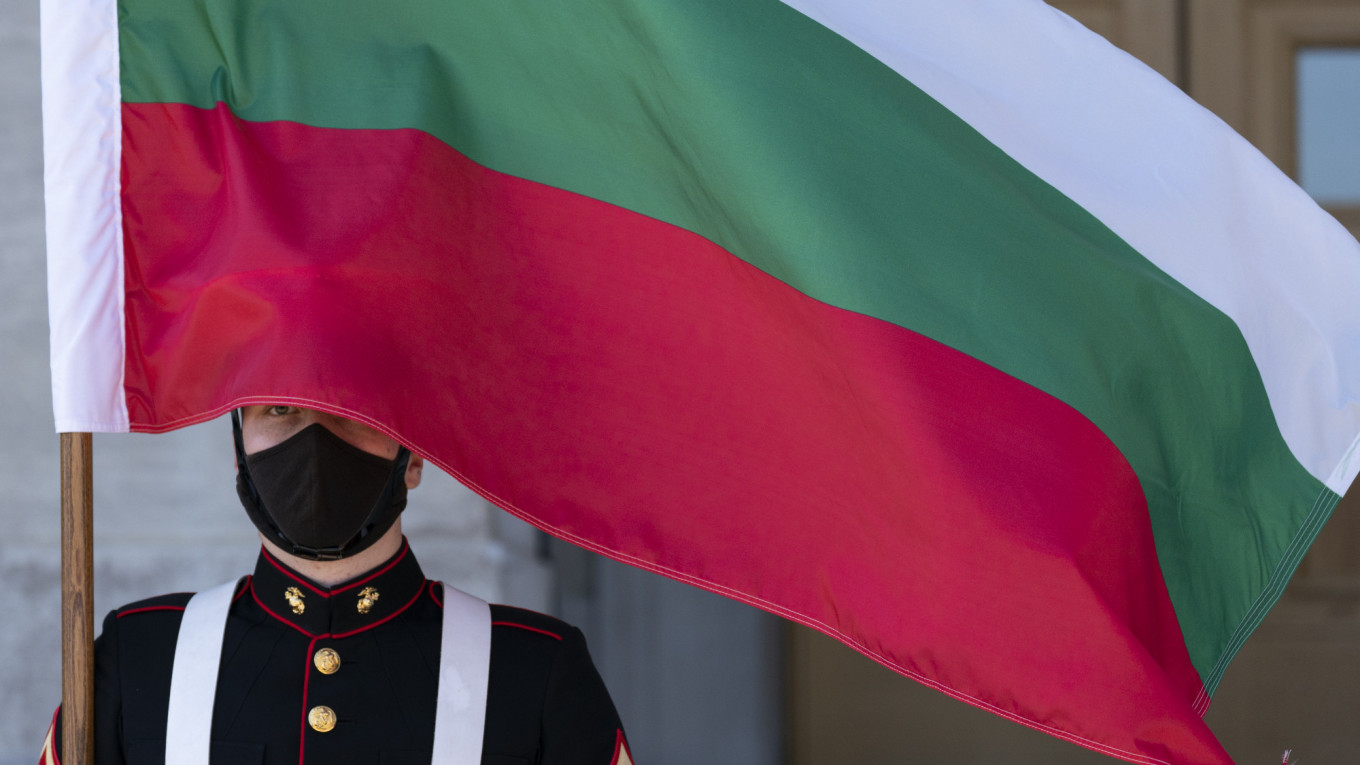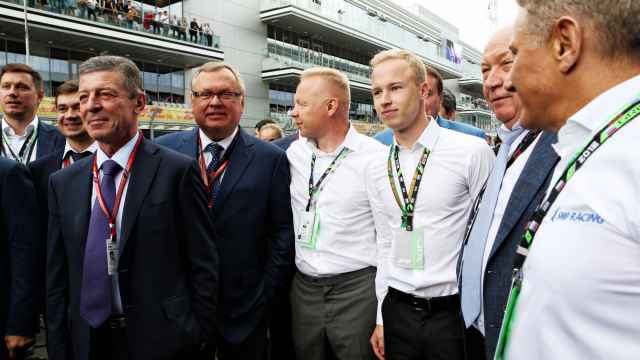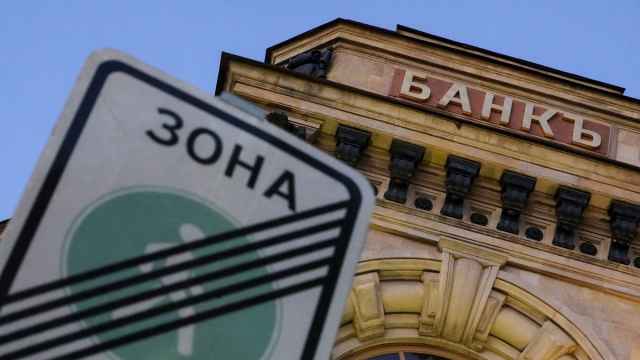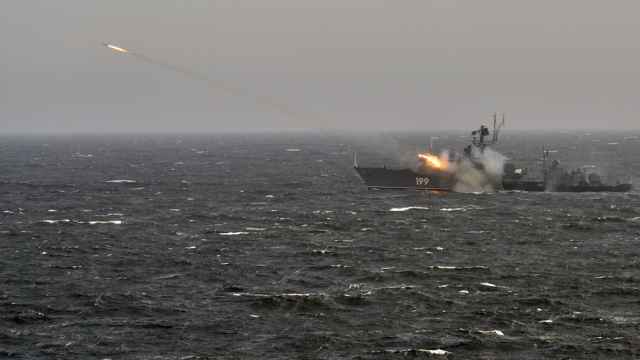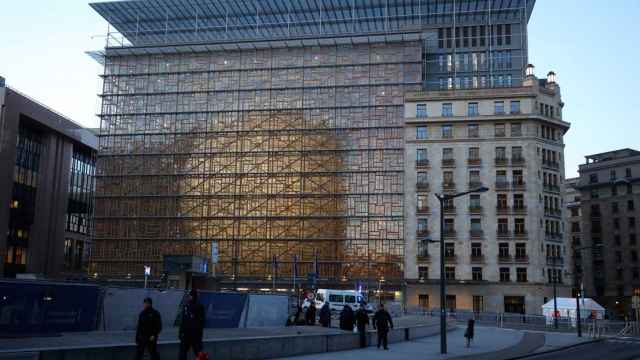The aim was to transfer this information to Russian military intelligence, prosecutors said, adding that the diplomat also paid a Bulgarian official with access to classified information to provide him with the sensitive data.
The spying row has soured relations between the two former allies, which have maintained their close cultural, historical and economic ties even after the fall of the communist regime in 1989.
Neither the foreign ministry nor the prosecution revealed the rank of the diplomat but the Russian embassy in Sofia said in a social media post that the measure concerned their chief military, air and naval attache.
The embassy called the expulsion "groundless", adding that it "does not contribute to the development of dialogue between our countries in the military sphere, as well as the strengthening of stability in the Black Sea region."
Russia also said it reserved the right to take retaliatory measures.
Since 2008, Bulgaria has been home to a joint-use US military training ground in Novo Selo, in the east of the country, for between 2,500 and 5,000 troops.
Bulgaria has hosted a number of US-led and NATO exercises over the past years.
US troops also use two Bulgarian air bases, Bezmer and Graf Ignatievo, as well as a storage site near Aytos in the east.
The US embassy in Bulgaria issued a statement on Friday backing the expulsion announcement.
"We have in recent weeks and months seen too many examples of Russian officials carrying out aggressive actions, from espionage in Bulgaria to poisoning opponents both at home and abroad. Bulgaria is a strong NATO ally and partner and has an unalienable right to defend its sovereignty," it said.
The expulsion on Friday coincided with the wrapping up of a three-day a visit to Bulgaria of NATO Special Operations Commander, Lieutenant General Eric Wendt.
A Message from The Moscow Times:
Dear readers,
We are facing unprecedented challenges. Russia's Prosecutor General's Office has designated The Moscow Times as an "undesirable" organization, criminalizing our work and putting our staff at risk of prosecution. This follows our earlier unjust labeling as a "foreign agent."
These actions are direct attempts to silence independent journalism in Russia. The authorities claim our work "discredits the decisions of the Russian leadership." We see things differently: we strive to provide accurate, unbiased reporting on Russia.
We, the journalists of The Moscow Times, refuse to be silenced. But to continue our work, we need your help.
Your support, no matter how small, makes a world of difference. If you can, please support us monthly starting from just $2. It's quick to set up, and every contribution makes a significant impact.
By supporting The Moscow Times, you're defending open, independent journalism in the face of repression. Thank you for standing with us.
Remind me later.


